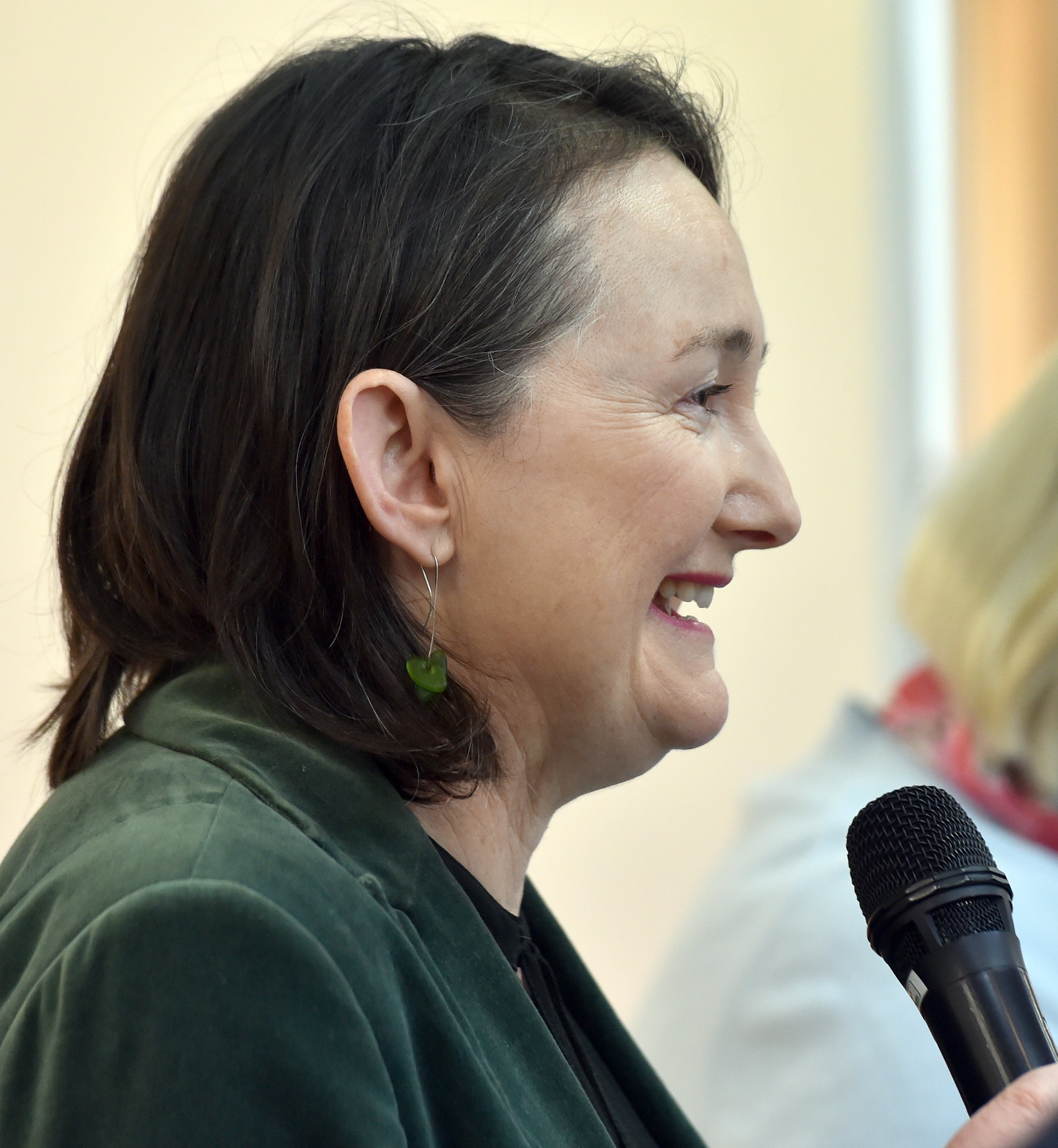
The point was raised during a panel discussion about small and middle state leadership at the 55th University of Otago Foreign Policy School in Dunedin on Saturday.
University of Canterbury Professor Anne-Marie Brady was asked to speak about how New Zealand should use its enhanced international profile to address challenges such as the rise of China in the Indo-Pacific region.
But she began her talk by telling the audience she had "problems" with that question.
"I think we should be very humble in the post-Covid era."
She compared New Zealand’s Covid case and death statistics against the United States, Brazil and India.
"I don’t think it is a case that New Zealand has an enhanced international profile because of Covid."
Prof Brady added that talking about the challenges of China in the Indo-Pacific was too narrow.
The Covid-19 pandemic was a global political crisis, as much as it is a global health crisis, she said.
The Government needed to work on how to devise a foreign policy that enabled New Zealand to weather the economic disruption in the international system.
Prof Brady said she saw New Zealand's trade dependency on China as a core risk.
"New Zealand is strategically dependant on China and its imports for 530 categories of goods and 144 have applications in critical national infrastructure.
"We are the most dependant on China for strategic goods of all the Five Eyes [countries]."
Maximum effort needed to be put into diversifying New Zealand’s trade, and she was "pleased" to see the Government make that message loud and clear this year, she said.
But it would not be easy to get free-trade agreements from the European Union and the United States.
"There are people in this audience today who could do something about that," Prof Brady told the crowd.
"So if you care about our lovely country, foreign ambassadors, then help us get a nice meaningful free-trade agreement."
The comment drew laughter from the audience.
Prof Brady said Covid-19 provided New Zealand with the opportunity to reset its foreign and trade policy.
She also said that new alliances needed to be formed.
"We need to be courageous in defending international norms and laws, which our sovereignty and security is dependant on.
"We should stand with the oppressed, and we should accept that the United States system is nearly broken, and it is necessary to form other coalitions of like-minded states."
Prof Brady ended her talk by saying that Foreign Affairs Minister Nanaia Mahuta needed to tell the public what it meant when she said New Zealand was defining the nature of its relationship with China.
"We must include the New Zealand public in the national security conversations.
"As we have seen with the New Zealand Government response to Covid-19, an informed public is a resilient public."
Advertisement
Comments
State capitalism, commonly known as socialism, and large corporations are the same animal. They both want to control the market (the population) to maximize their profits by dominating the competition.
Governments in free societies need to ensure their countries economy does not become dominated by an entity larger than it an control. That is why there are antitrust laws, that force companies that have a monopoly to split into separate competitive entities. It is also why we have a competition watchdog that enforces laws that stop companies colluding on pricing.
China has mimicked our company and marketing systems and we have happily exploit their cheap labour, as well as environmental costs, for our own convenience.
What we have done is become dependent on one company, the CCP, for the largest portion of our income and consumption because it was trendy, convenient and cheap.
It's the equivalent of eating one in four meals from a fast food outlet.
It's convenient, sometimes tastes good but often not, you're soon hungry again, the packaging waste is considerable and the health effects are not good.
This is where diversity is not just good but essential.
I'm not sure I know what State Capitalism is but I disagree that it is the same as Socialism. Socialism is all about state ownership of the means of production, distribution and supply. Capitalism is the private ownership of the means of production, distribution and supply. They are absolute opposites. I agree that the impact of poorly controlled monopolies on the general public, in the area of supply, is no different from Socialism but it is not Socialism. In a Socialist society the profits go back to the State, in a Capitalist society the profits go back to the owners of the monopoly.
Socialism is for the benefit of the political forces controlling the state.
The state decides who has a job, what that job is, what goods and services will be available, and to whom.
Capitalism is for individual profit. If there is no profit they go out of business and lose their investment. The motivation behind capitalism is the individuals desire to better themselves by providing goods and services to others which THEY believe, there is a market for.
Our system is a hybrid. Our welfare state taxes wages, consumption and profits of individuals to run it's politically motivated programs. The Press is their to inform us of social need, political performance and a Crossword puzzle or two.
Social capitalism is a term I quoted from Yuri Bezmanov, a KGB defector from the 1970's. It fits the current CCP model.
The Soviet Union died because it was socialist and the West would not trade with it, so the enviable happened.
China puts up a corporate front but the 'individuals owning' the business are just agents of the state.
We have made a bad mistake. We need new supply chains and markets, fast !!!
This call, for NZ to diversify its trade is not new.. I remember when I first became politically aware, NZ was attempting to negotiate the retention of its frozen meat exports to Britain when she was trying to gain access to the EEC, or as it is now known, the EU. The call at that time, as now, was that we needed to diversify our trade because it was not looking good for us.
We were totally dependent on Britain, they took all of our agricultural products which was all we had to sell the world at that stage, the tourism and movie industries that have grown are recent arrivals on the scene.
In the event Britain abandoned us and we were forced to find new markets in the Americas and in the middle east, From 1972 when Norman Kirk took us into China we have been slowly replacing our former dependency on Britain with a similar dependency on China.
While we are much better placed today than we were in the mid 1960's to deal with sudden Interruption to our trade with our primary trading partner, it would still hurt us significantly if China cut us off for some reason.
Perhaps we do need to put more pressure on our 5 eyes allies to support us and slow down the dependence on China.













